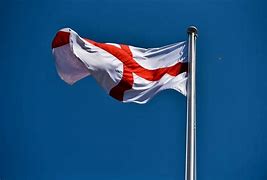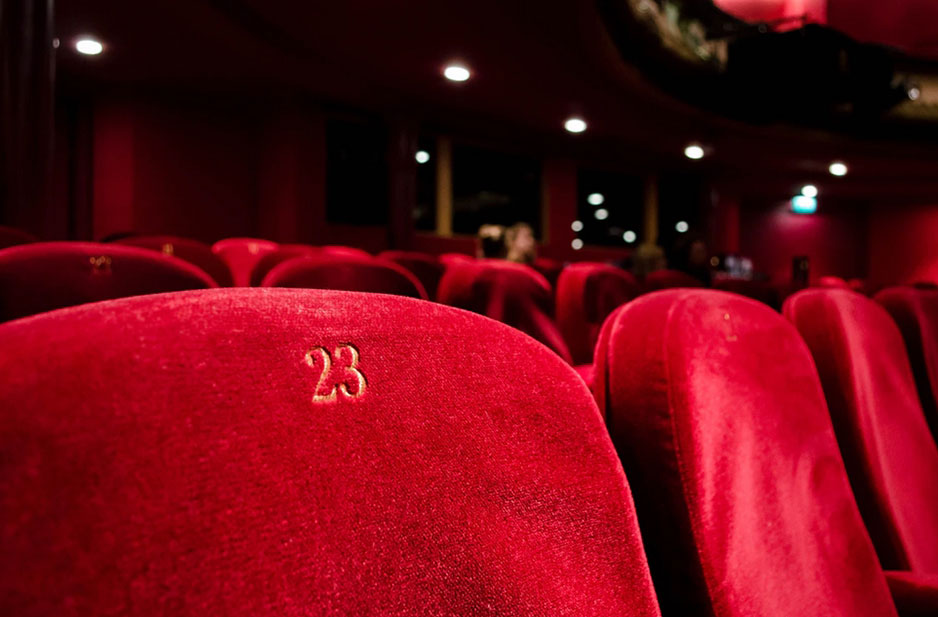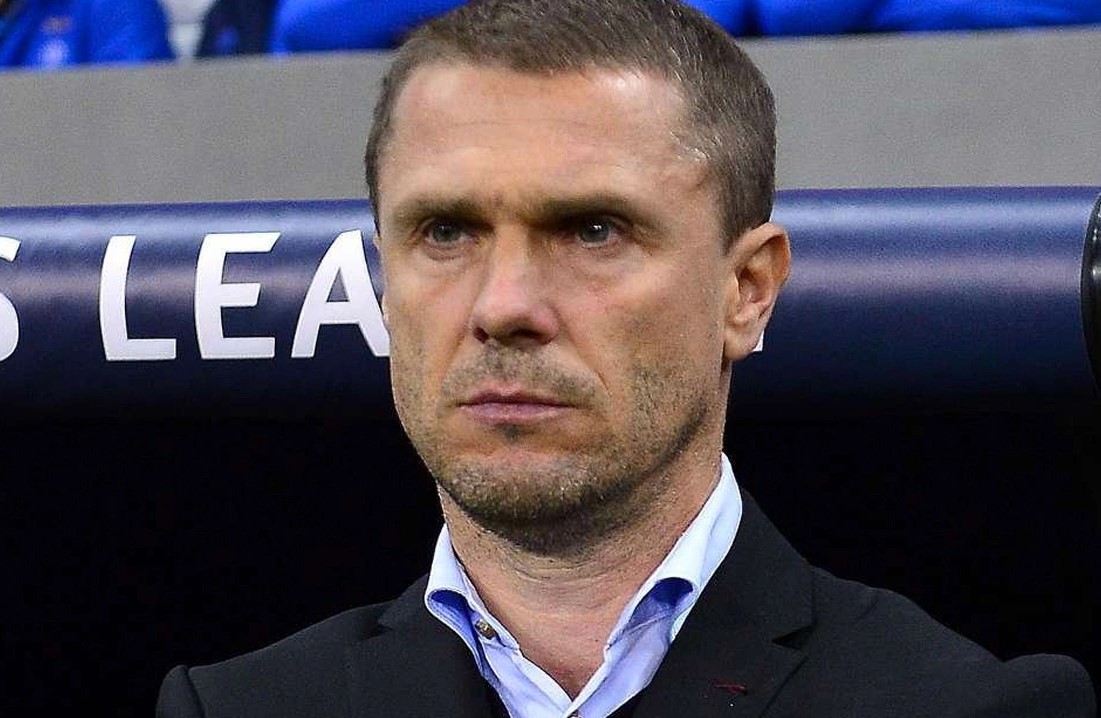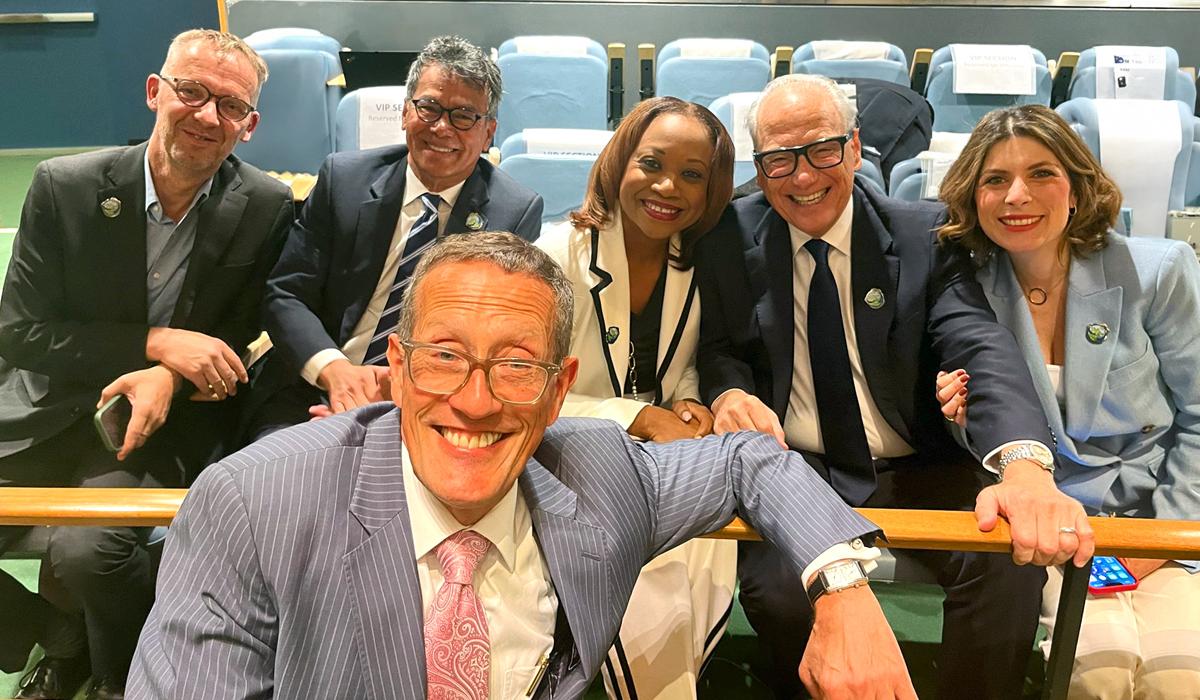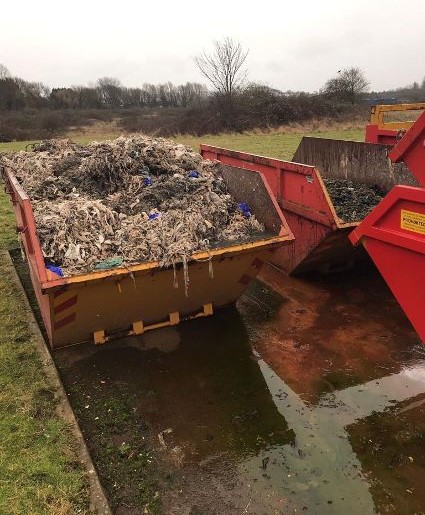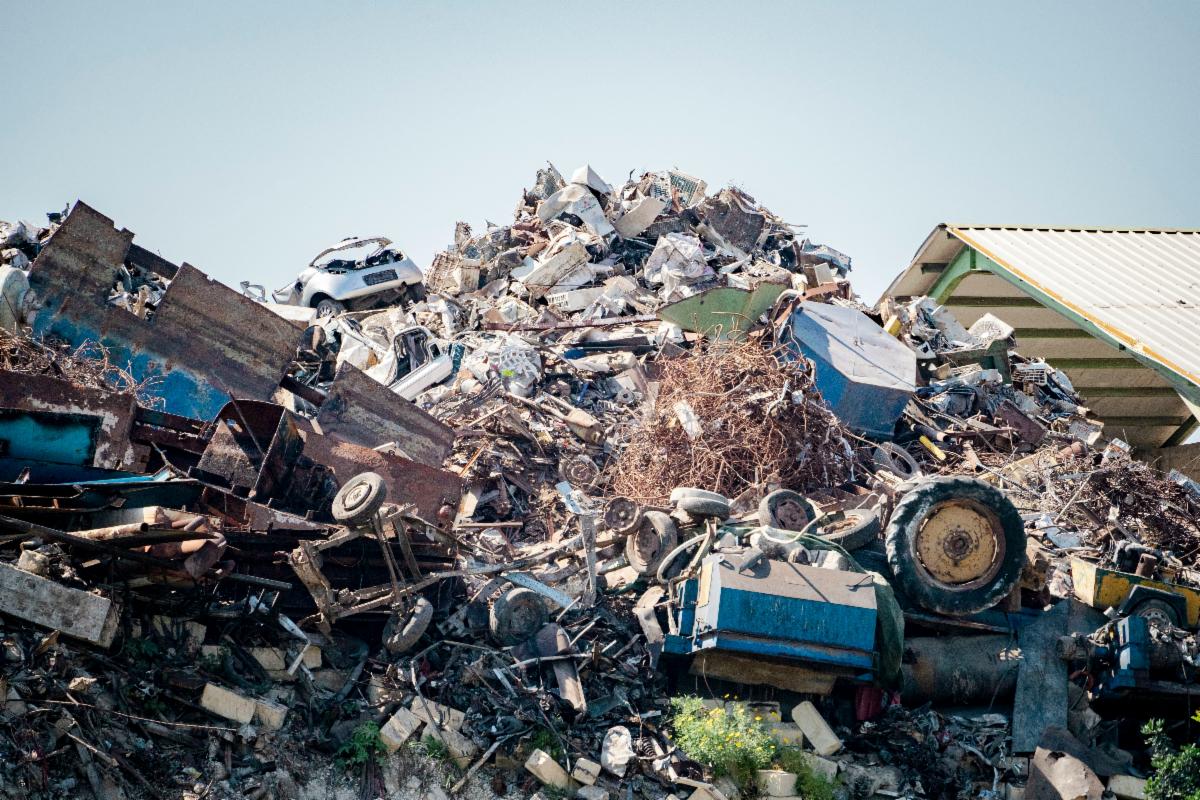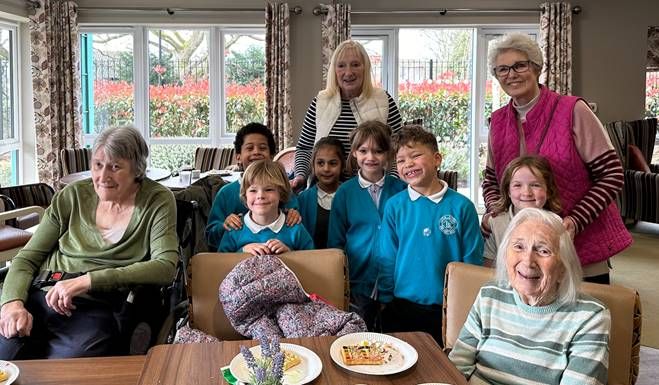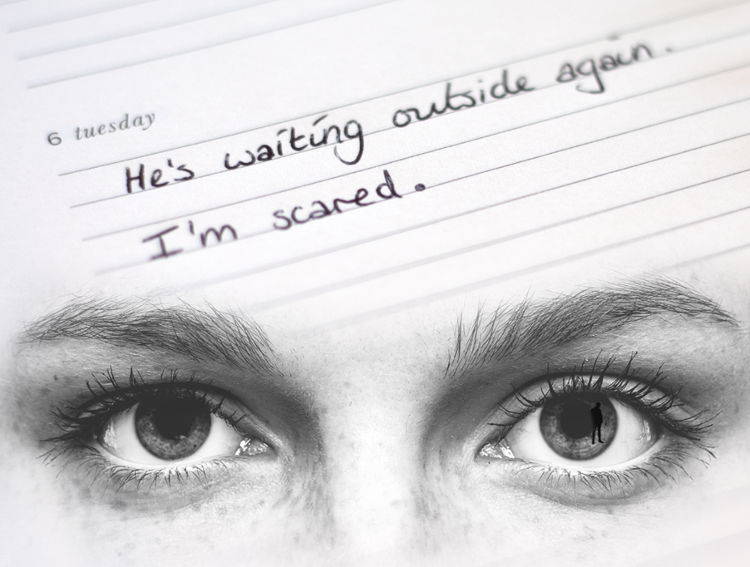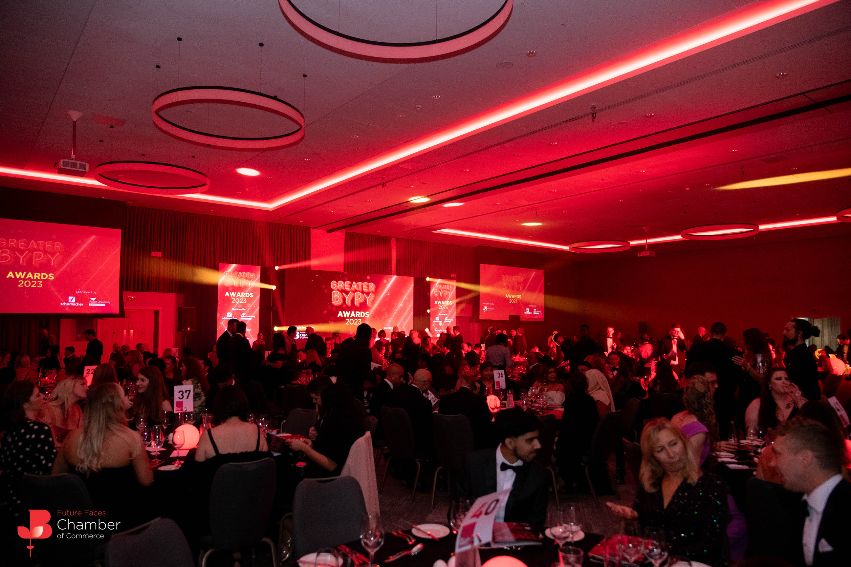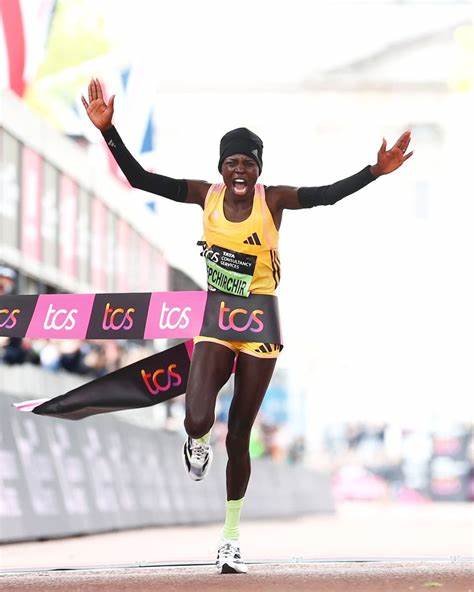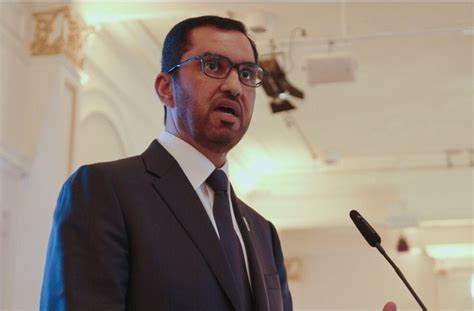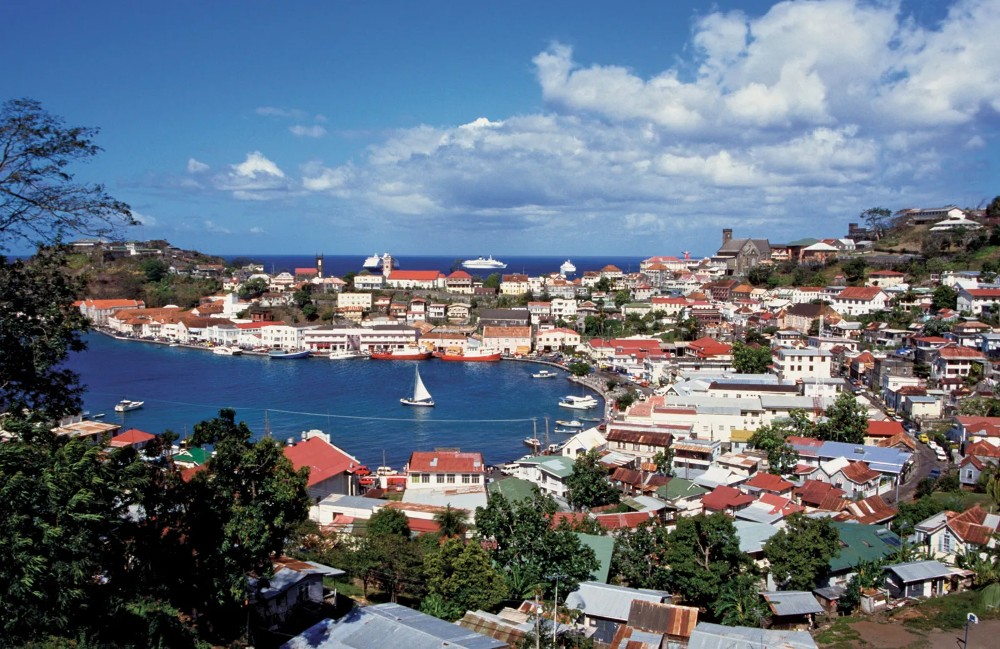The socially-distanced reopening of indoor performances in England has been delayed until at least 15 August, Prime Minister Boris Johnson has said.
The easing of restrictions at theatres and music venues was due to start this weekend, but has been postponed amid concerns over a rise in virus cases.
In addition, masks will be required in museums, galleries and cinemas - enforceable in law from 8 August.
Mr Johnson said: "We simply cannot take the risk."
The government had been working with the arts sector on pilot performances with socially-distanced audiences in theatres and music venues in recent weeks.
Jon Morgan, director of Theatres Trust, said it was "disappointing that socially-distanced indoor performances will not be able to go ahead" as planned.
"However, in reality, the majority of theatres were not planning to reopen for shows tomorrow so a two-week delay will not make a huge difference.
"Most theatres will not be able to put on productions until we reach stage five [of the roadmap for the return of professional performing arts], which allows fuller audiences, so that is the most critical date for much of the sector."
Ken Wright, managing director of London's Phoenix Arts Club took a slightly different view, saying the government's decision to postpone the opening of live performance venues with less than a day's notice had "pulled the carpet from under us".
"We've said all along that we would 'open once and open well'. Therefore with heavy heart and broken bank balance we must announce that we will remain closed until we are certain that indoor live performance is permitted," he said in a statement.
Earlier this month the government announced a £1.57bn support package for the arts, following several weeks of lobbying from theatres, music venues, art galleries and other cultural institutions, many of which had said they were on the brink of collapse.
The government also outlined measures to "support the safe return of audiences", including:
Reduced venue capacity and limited ticket sales to ensure social distancing can be maintained
Tickets should be bought online and venues encouraged to use e-tickets to reduce contact and help with track and trace
Venues should have clearly communicated social distancing marking in place in areas where queues form and adopt a limited entry approach
Increased deep cleaning of auditoriums
Performances should be scheduled to allow sufficient time to undertake deep cleaning before the next audience arrives
Performers, conductors and musicians must observe social distancing wherever possible
The government also recently revealed its "five-stage roadmap for the return of professional performing arts", which was detailed by Mr Dowden as follows:
Stage One - Rehearsal and training (no audiences and adhering to social distancing guidelines)
Stage Two - Performances for broadcast and recording purposes (adhering to social distancing guidelines)
Stage Three - Performances outdoors with an audience plus pilots for indoor performances with a limited distance audience
Stage Four - Performances allowed indoors/outdoors (but with a limited distanced audience indoors)
Stage Five - Performances allowed indoors/outdoors (with a fuller audience indoors)
In response to the delay, the Music Venue Trust said it was "saddened but not surprised" to hear that live music music events planned for the next few weeks must now be cancelled.
"Since May 2020, Music Venue Trust has repeatedly informed the government that live music events in grassroots music venues would be extraordinarily difficult to stage, not economically viable, and at risk of being cancelled at short notice during the current pandemic," it said in a statement.
"A number of venues across the country have attempted to stage such events based on advice from the government, incurring substantial costs to make their venues safe. That expenditure now adds to the growing mountain of debts accrued by those venues working within the government guidelines."
The trust reiterated its belief that "no grassroots music venue" will be able to "safely and viably" put on concerts before 1 October "at the earliest", and questioned the logic behind the Prime Minister's new proposed opening date.
On the subject of face masks, Bob Riley, CEO of Manchester Camerata orchestra added: "Can anyone tell me why we need masks in more places from 8 August... and not now?"



